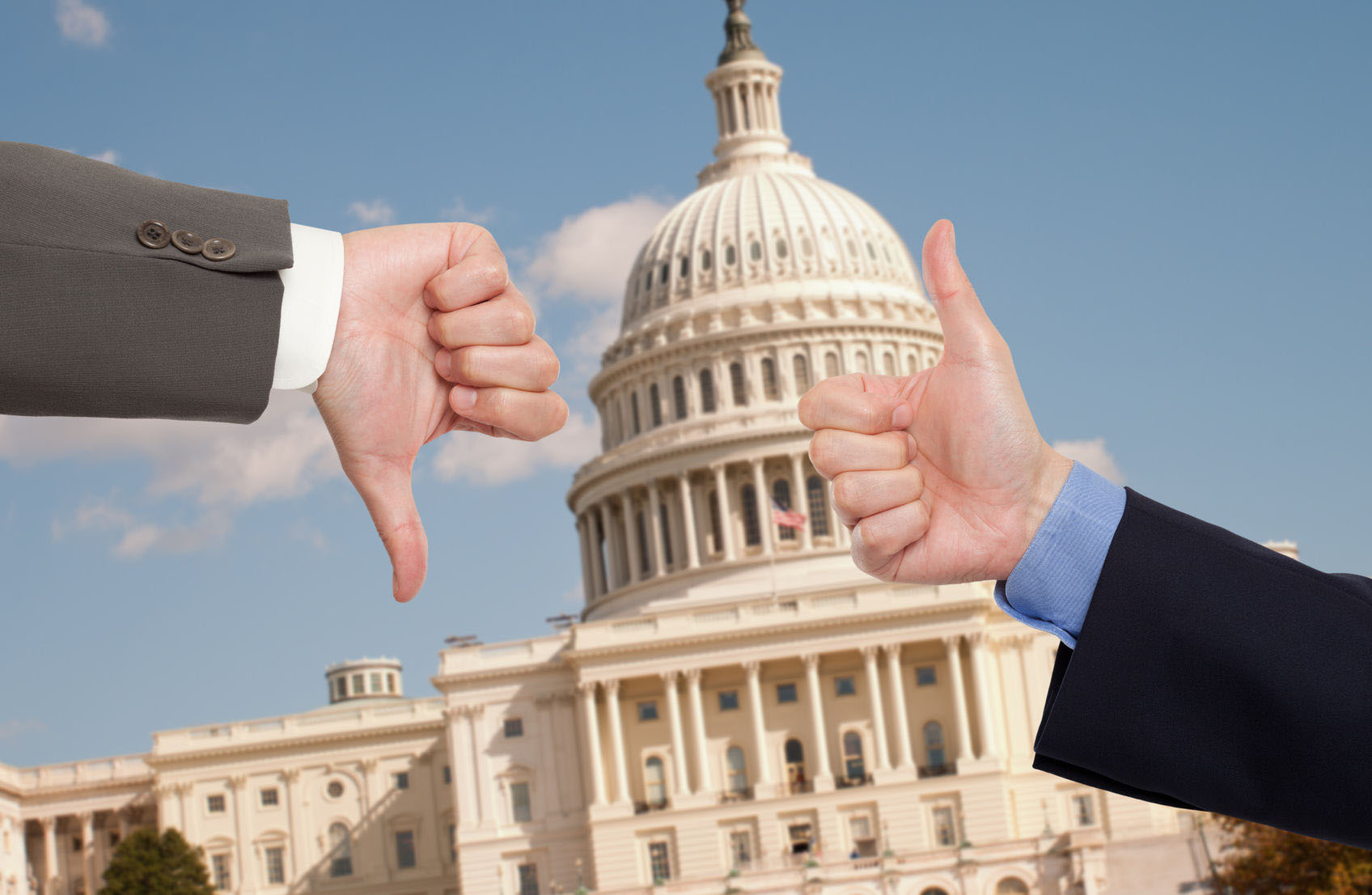Many Americans feel deeply depressed and discouraged about government. They are pessimistic anything will change. This negativity has given rise to a new breed of intellectuals on the left, a group I call “failurists.” Their position is that government fails, and will go on failing, but we must continue to look to it to solve our problems.
Government’s mounting failures are now common knowledge. Long lines at airport security checkpoints; interminable waiting periods for veterans needing medical care; federal bureaucrats ordering local schools around; higher costs and fewer choices in the government-run health exchanges; mountains of nit-picking rules and regulations affecting almost every aspect of daily life, both personal and commercial.
Discontent with government is not new. But in the past, most Americans blamed government’s shortcomings on political leadership, rather than on the institution itself. People believed that once a new president or a new party came to power, everything would be put right. Today we are losing this confidence in our ability to reform government or fix its dysfunctional policies.
One sign of this new pessimism is a genre of political writings that emerged in the 1990s, which I call “failurism.” The writers in this camp are left-leaning analysts who energetically criticize defects of government and its policy making processes—as did the old leftists. But these new critics see little hope for reform or improvement. In their view, we are simply stuck with failing government forever.
These writers include Derek Bok, former president of Harvard (The Trouble with Government, 2001), Washington Post columnist E. J. Dionne, Jr. (Why Americans Hate Politics, 1991), Atlantic reporter Jonathan Rauch (Demosclerosis: The Silent Killer of American Government,1994), Thomas E. Mann and Norman Ornstein of the Brookings Institution and American Enterprise Institute (It’s Even Worse Than It Looks, 2012), Lawrence Lessig of Harvard Law School (Republic, Lost, 2012), Peter Schuck of Yale (Why Government Fails So Often, 2014), and others.
The failurists firmly disagree with those on the right who want to reduce the scope of government. The failurists believe that although government fails, and will go on failing, we must keep using it, perhaps even more.
What leads them to embrace big government in spite of their own sweeping criticisms of it?
A close analysis of their writings reveals that an emotional attachment to big government is at work. Some report their loyalty as a mystical faith. For example, Harvard’s Lawrence Lessig says, “However much we condemn what government has become, we forget it is the heir to something we still believe divine.”
Other failurists point to early socialization. Jonathan Rauch, for example, says his faith in government as a purposeful machine was instilled in childhood: “I was brought up believing that American government was something like an airplane. The voters were the passengers and the politicians were at the controls.”
The failurists are not alone in their inconsistent attachment to government. They reflect a trend that has overtaken the American public. In 1958, 73 percent of Americans trusted government to do the right thing all or most of the time. By 2015, that figure had plunged to 19 percent.
Logically, this decline in confidence should have led Americans to stop looking to government to solve our country’s problems. But that hasn’t happened. Large majorities still expect government to handle all problems, from providing health care to fixing income inequality. Apparently, their unconscious faith in government as the national savior has overpowered their negative experience with actual government performance.
Perhaps the route to a healthy perspective on government lies in bringing this unconscious faith into the open. One might start simply by asking friends and neighbors—and oneself—“Do you believe government is an effective and efficient problem-solving system?”
Those who can answer “yes” are logically entitled to endorse activist big government.
The rest of us have some hard thinking to do if we want to get past the frustration of expecting a government we mistrust to give us a world we can admire.










